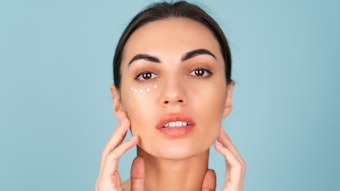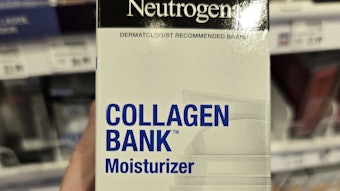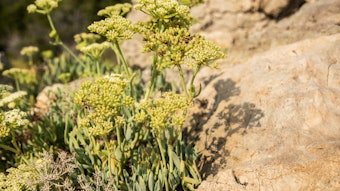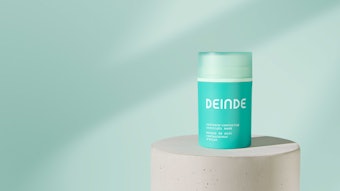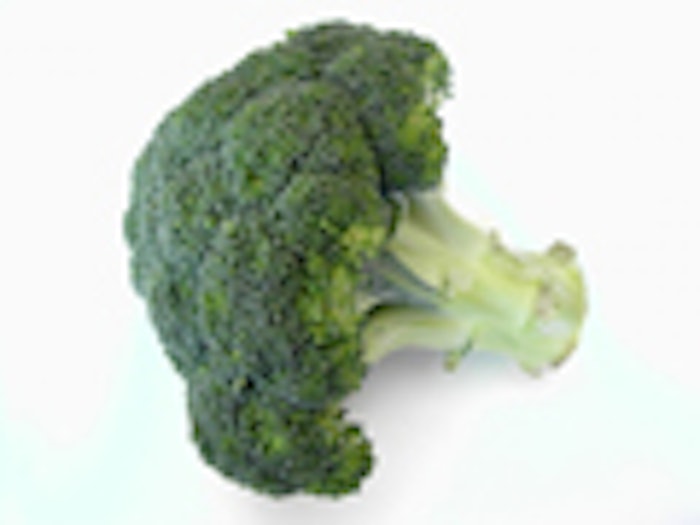
A National Academy of Sciences report by Johns Hopkins finds that a broccoli sprout extract can protect humans against the effects of ultraviolet (UV) radiation. The researchers found that the topical application of an extract of broccoli sprouts markedly reduces the imflammation and cell damage caused by UV rays.
Researchers used human volunteers, backed by parallel evidence obtained in mice, to show that the degree of skin redness (erythema) caused by UV rays, which is an accurate index of the inflammation and cell damage caused by UV radiation, is markedly reduced in extract-treated skin.
Unlike sunscreens, the broccoli sprout extract does not absorb UV light and prevent its entry into the skin. Rather, the extract boosts the production of a network of protective enzymes inside cells that defend cells against many aspects of UV damage.
The researchers maintain that UV protection from the broccoli spout extract lasts for several days, even after the extract is no longer present on or in the skin. The protective chemical agent in the broccoli sprout extracts is sulforaphane. It was first identified by Paul Talalay, MD, professor of pharmacology at the university,and his colleagues more than 15 years ago.
Talalay and his team tested mouse models of skin cancer to confirm sulforaphane's protective effects, later moving to human volunteers. Each one was exposed to a pulse of UV radiation on small patches of skin less than 1 inch in diameter that were either treated or untreated with different doses of broccoli extract. At the highest doses, UV-induced redness and inflammation were reduced by an average of 37%.
The extracts were protective even when applied three days prior to UV exposure. The protection did vary considerably among the subjects, ranging from 8-78%, which Talalay noted may be due to genetic differences among individuals, local differences in the skin or other factors such as dietary habits. He also points out that conventional sunscreens were essentially ineffective in these experiments.
